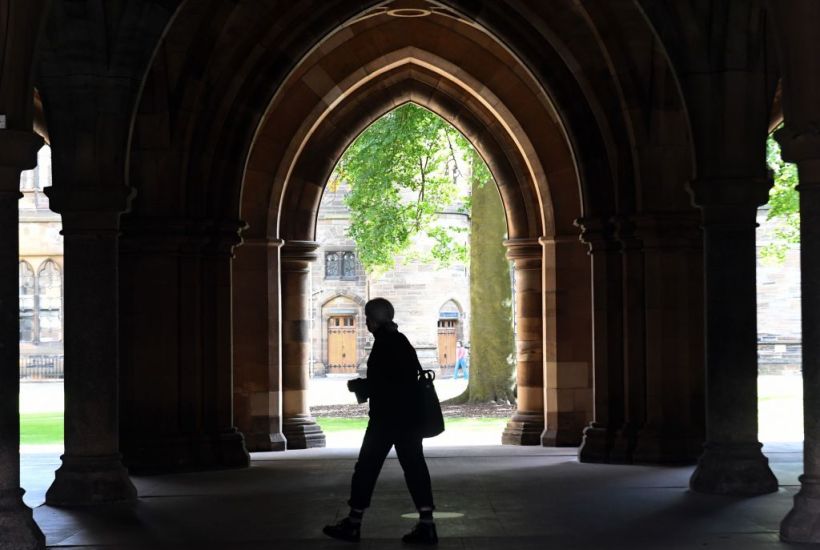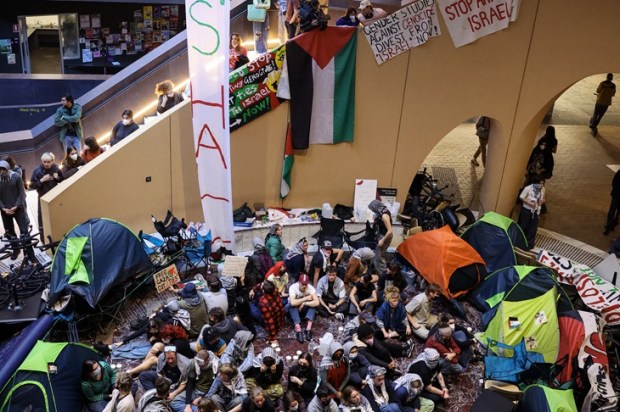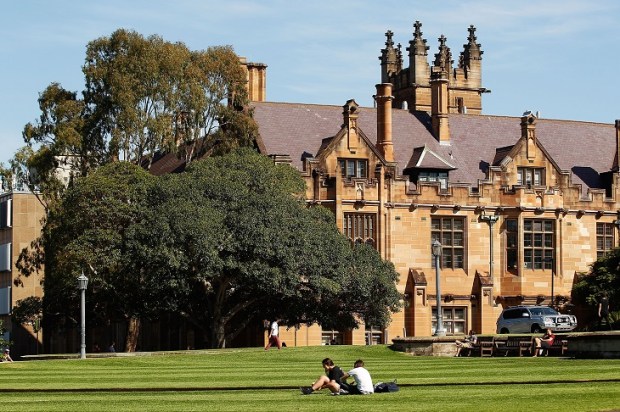Each year more than $12 billion disappears into the abyss vaguely described as ‘research and development’ in the higher education sector. By way of return on this ‘investment’, there has been a steady flow of research projects demonstrating an unhealthy fixation on the niche, the ideological, and the political.
Hardworking Australians would be justified in asking where their money goes and who oversees its dispersal.
The allocation of grant largesse is decided by the team of bureaucrats at the Australian Research Council (ARC).
Already a subscriber? Log in
Subscribe for just $2 a week
Try a month of The Spectator Australia absolutely free and without commitment. Not only that but – if you choose to continue – you’ll pay just $2 a week for your first year.
- Unlimited access to spectator.com.au and app
- The weekly edition on the Spectator Australia app
- Spectator podcasts and newsletters
- Full access to spectator.co.uk


























Comments
Don't miss out
Join the conversation with other Spectator Australia readers. Subscribe to leave a comment.
SUBSCRIBEAlready a subscriber? Log in